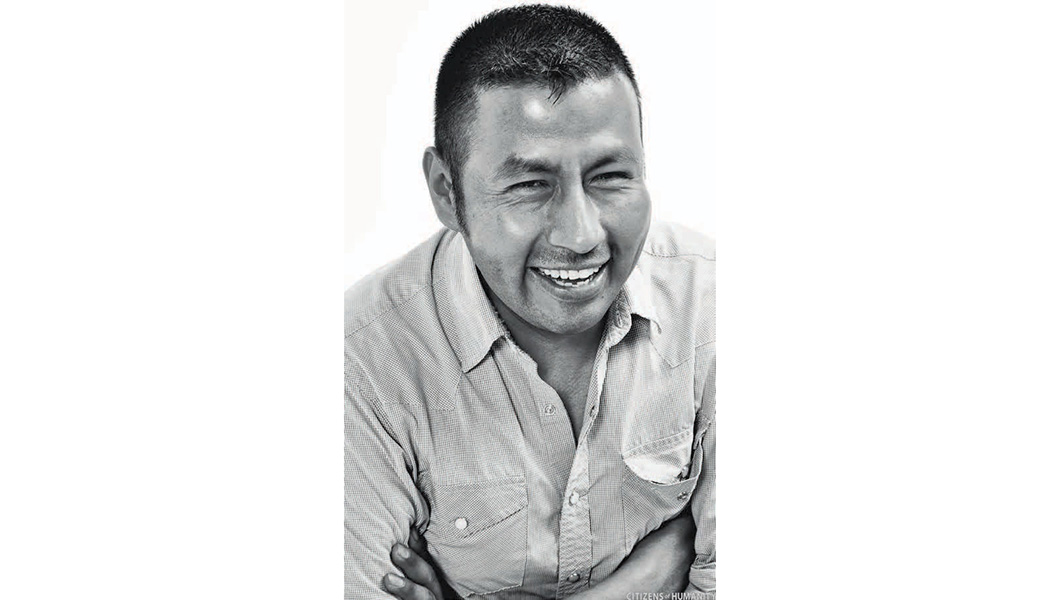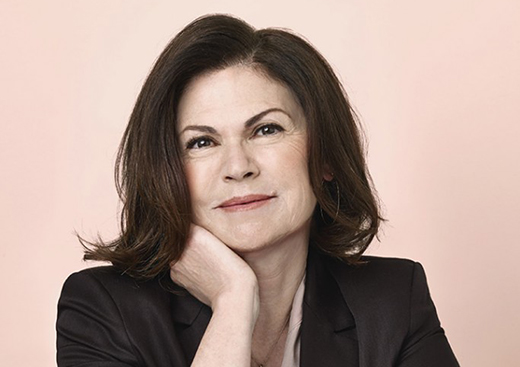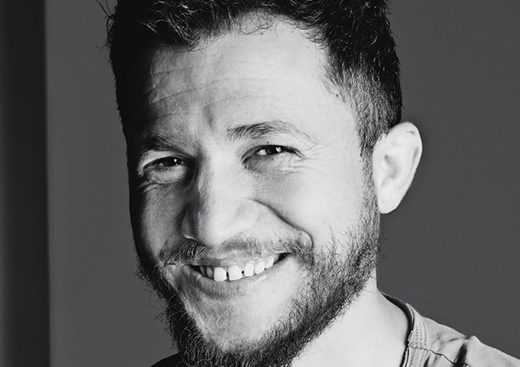If you’re a denim devotee, there’s a good chance that, at one point in time, Ismael Olivera had his hands on your favorite jeans before you. That’s because Olivera, who now works as one of the head sewers at Citizens of Humanity headquarters, cut his teeth working for every major denim label that has manufactured in Los Angeles in the last two decades.
But the roots of his stitching wizardry can be traced back to Pueblo, Mexico, where Olivera was born. The son of a tailor and a farm owner, Olivera was one of seven brothers and five sisters. “The only thing I remember was that we were really happy,” says Olivera, reflecting on his impoverished childhood. “We were poor, but we didn’t know any better.”
At age ten, alongside his two older brothers, Olivera picked up a needle and thread with his father, and began to learn the family trade. Known far and wide for making long-lasting garments, especially trousers, his father’s storefront was frequented by customers of all backgrounds, from truck drivers to prominent business owners. The secret to the shop’s signature pants? Each backrise, inseam and side-seam was reinforced with a special elastic thread.
At age 15, Olivera’s father migrated to the United States to make more money to educate his younger daughters, leaving Olivera and his brothers in charge of the shop. It was an important time for learning, he says, recalling the customers who would come to the family shop and dish out advice as they waited for their garments to be finished. “Work hard and take care of your money,” they told Olivera—lessons which continue to resonate with him today.
Fresh out of high school, Olivera followed his father to Los Angeles, where he quickly found work making Guess jeans for a Mexican contractor in downtown. Quickly, he set his sights on the most coveted job in the factory: working on the caballo machine, making backrises. The position required experience and skills—both which Olivera lacked—and also paid more than double what he was making at the time. On lunch breaks, Olivera would study his friends’ techniques, and, when the manager was out, would try his hand at the machine.
His proficiency was put to the test when he landed a job at another factory working the backrise machine, and was fired within a week. Olivera continued to hone his skills working for a handful of other brands, including Bongo, before landing at the Pepe Jeans in 1994, before going back to Guess for two years, followed by stints at Cherokee and Calvin Klein. Here, Olivera flourished, and when the factory was moved to Mexico, Olivera was asked to come. Instead, the tailor opted to stay, and was promptly recommended for a position working thecaballo at the newly launched AG Jeans.
In 2003, the denim world was abuzz with the debut of Citizens of Humanity, so at the urging of friends in the industry, Olivera left AG Jeans to work there. “I came from a big company to a small company, and took the risk,” he says, admitting he was quickly won over by the value the brand placed on all of it’s team members. “I never thought it was going to be this big.”
No day is alike for Olivera, who, eleven years later, is one of the company’s head sewers. From crafting samples to pressing jeans for fittings, Olivera and his team leave their mark on every piece of denim that passes through the brand’s facility outside downtown Los Angeles. “I think denim will stay for ever, but people get tired of the same thing, so it has to change all the time,” he muses.
And Olivera’s proudest moment? Keeping his word to his now-departed father, and paying for his sibling’s educations with his talent and hard work. “If you put a machine in front of me, I can do so many things,” he says. “Wherever I go, nobody can take this skill away from me.”
—





